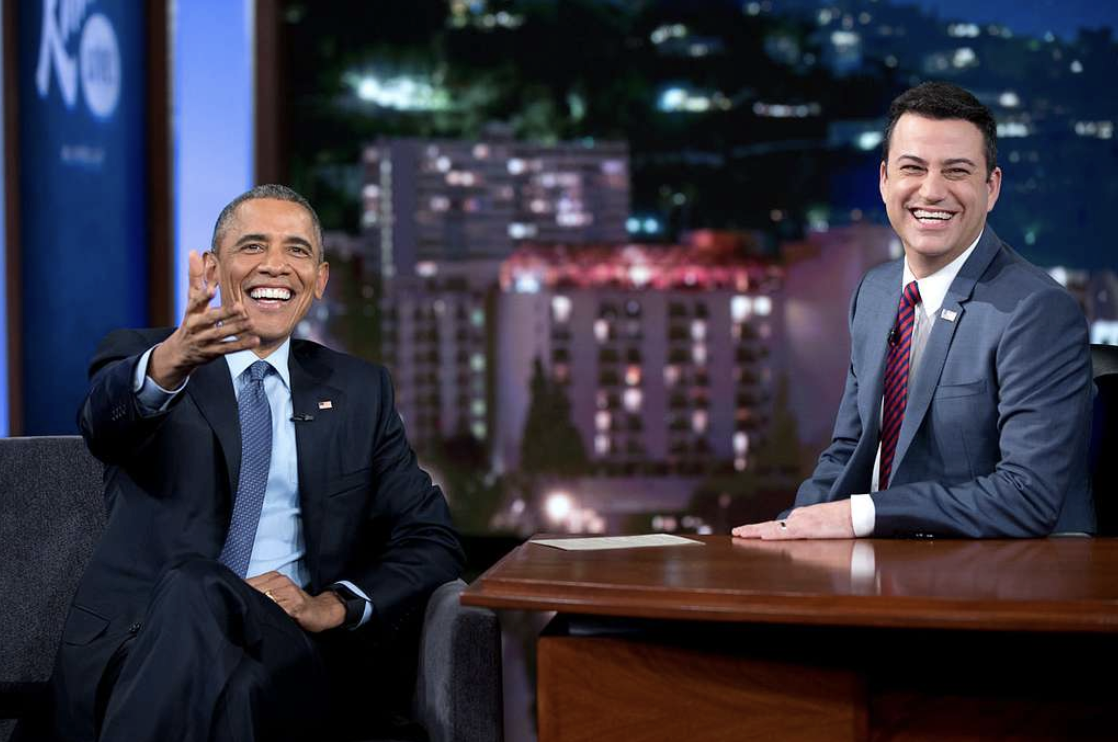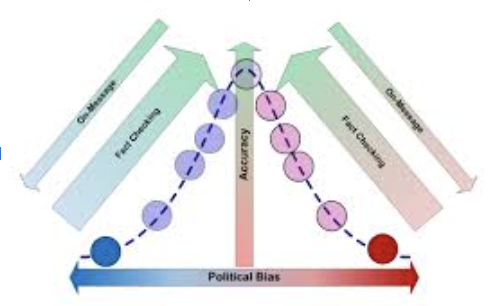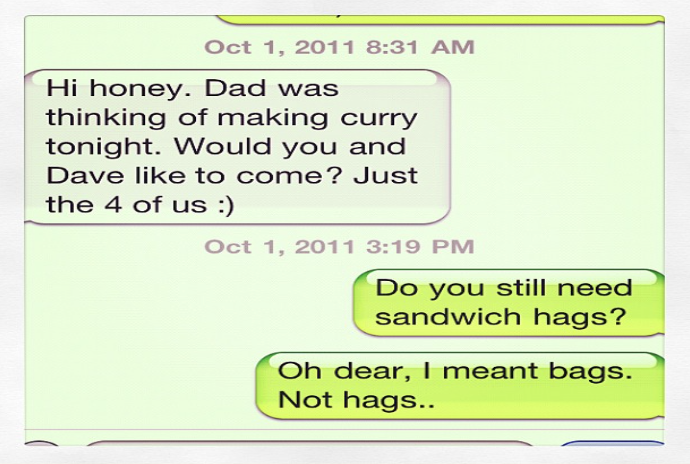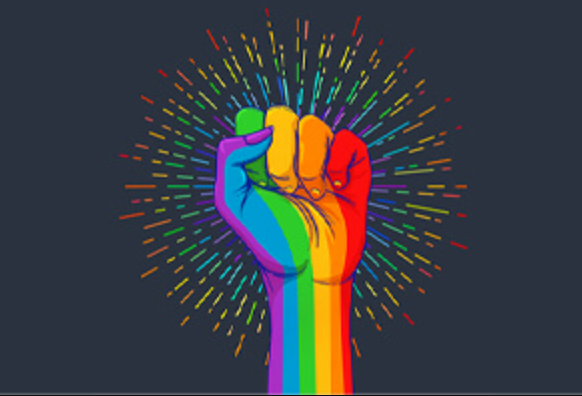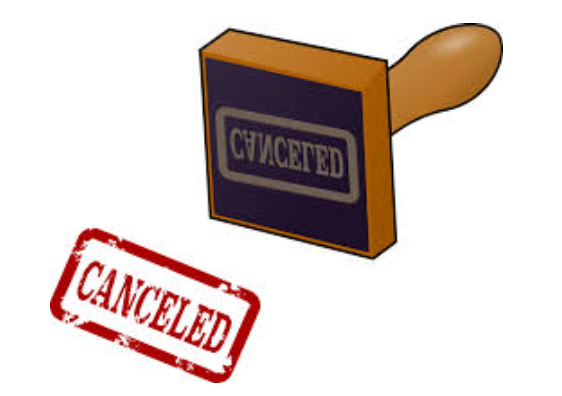Cancel culture refers to the act of boycotting or casting someone out due to offensive actions, speech, or in extreme cases, crimes. This can sometimes even ruin careers. The term “cancel” was first used in the 1981 song “Your Love is Cancelled” by Chic, a disco band. It began being used in both movies and songs and was subsequently popularized by the Bblack community on Twitter in the 2010s, with its meaning changing along the way.
Cancel culture has gained popularity with the rise of social media. A 2020 study by Pew Research Center shows that 44% of Americans have heard “at least a fair amount” about cancel culture. Social media largely erases the risk of backlash that often comes with criticism. It provides many people with a sense of anonymity. It also makes it easier to rally people together for a cause, in this case, cancelling.
Cancel culture has become controversial, as do most popular topics, since it has both benefits and downsides. One benefit of cancel culture is that it can give people consequences for their actions. For example, in 2017, Harvey Weinstein was charged with many cases of sexual assault and sexual abuse. He was fired immediately after these allegations. This predated any legal consequences.
Of course, this is a valid cancellation, but there are also downsides to cancel culture. Take Anne Hathaway, for example, who received a wave of hate, deemed “hathahate,” simply due to her being “too perfect.” The hate probably stemmed from the jealousy of some fans. Sometimes it’s not about whether criticism is valid, but rather taking the opportunity to participate in something. A simple criticism can snowball into mass hate. This was likely the case for Hathaway when she suddenly became hated after she accepted a Grammy for her performance in Les Misérables, a musical based on the 1862 novel. All she had said was, “It came true!” referring to her dream. She allegedly lost many movie roles because of this and was forced to remove herself from the industry for a while. Although it wasn’t a complete cancellation because she recovered, her career still took a hit. While unacceptable behavior is subjective, this was just ridiculous. If sincerity from celebrities is only met with hate, do we expect them to just act like robots? Cancelling someone due to jealousy is petty, and this highlights how cancel culture is often driven by negativity.
Another topic of debate is whether people should get a second chance for past mistakes. In 2019, Alexi McCammond, a journalist with a promising future, was set to become an editor-in-chief at Teen Vogue. However, her life was turned upside down when racist and homophobic tweets she had posted in 2011 resurfaced. She received a large amount of hate and eventually gave in to the pressure, quitting her job. Although she apologized for the tweets, she never got her job back. This cancellation was quite controversial, with many people believing the consequences were too severe for something she had done in the past. This brings us to the question: Can mistakes expire? Is it reasonable to cancel someone for something they did in the past? This also brings up the topic of growth and change. People make mistakes, but they can always learn and improve. But does that erase the mistakes they made? I personally believe it depends on both the severity of the offense and their current position on the topic.
The perceived inefficacy of cancel culture is also often used as an argument against it. Kanye West’s “cancellation” is the most popular example of this. In 2022, he posted multiple antisemitic tweets and spread conspiracies about Jews. He also used the swastika and praised Hitler, so much so that he released a song named “Heil Hitler”, though he later changed the name. He did issue an apology in 2023, but he retracted it in 2025. Despite all of this, his career still remains strong. Sure, some brands have ended partnerships with him, but he still has a large fanbase and makes a decent amount of money. He faced fewer repercussions than many people who did more minor things, and he even showed no regret. All of this can raise doubts about the fairness and power of cancel culture.
Although cancel culture is still fairly new, it has become a very controversial topic. Regardless of your stance on it, the impact it’s had on how we view people in power is undeniable. It serves as a reminder to everyone to think before they speak.
Sources:
Payne, Laura, and Tara Ramanathan. “Cancel Culture | Definition, Origins, Examples, and Politics.”
Encyclopedia Britannica, 30 July 2025, www.britannica.com/topic/cancel-culture.
Atske, Sara. “Americans and ‘Cancel Culture’: Where Some See Calls for Accountability, Others See
Censorship, Punishment.” Pew Research Center, 19 May 2021,
www.pewresearch.org/internet/2021/05/19/americans-and-cancel-culture-where-some-see-calls-for-
accountability-others-see-censorship-punishment.
Power, Stephen. “Why Kanye West Will Never Be Canceled.” Newsweek, 26 Aug. 2023,
www.newsweek.com/kanye-west-cancel-culture-antisemitism-1822486.
Hibberd, James. “Anne Hathaway Says ‘Hathahate’ Cost Her Roles, Then Came Christopher Nolan.”
The Hollywood Reporter, 25 Mar. 2024,
www.hollywoodreporter.com/movies/movie-news/anne-hathaway-hathahate-christopher-nolan-1235859456.

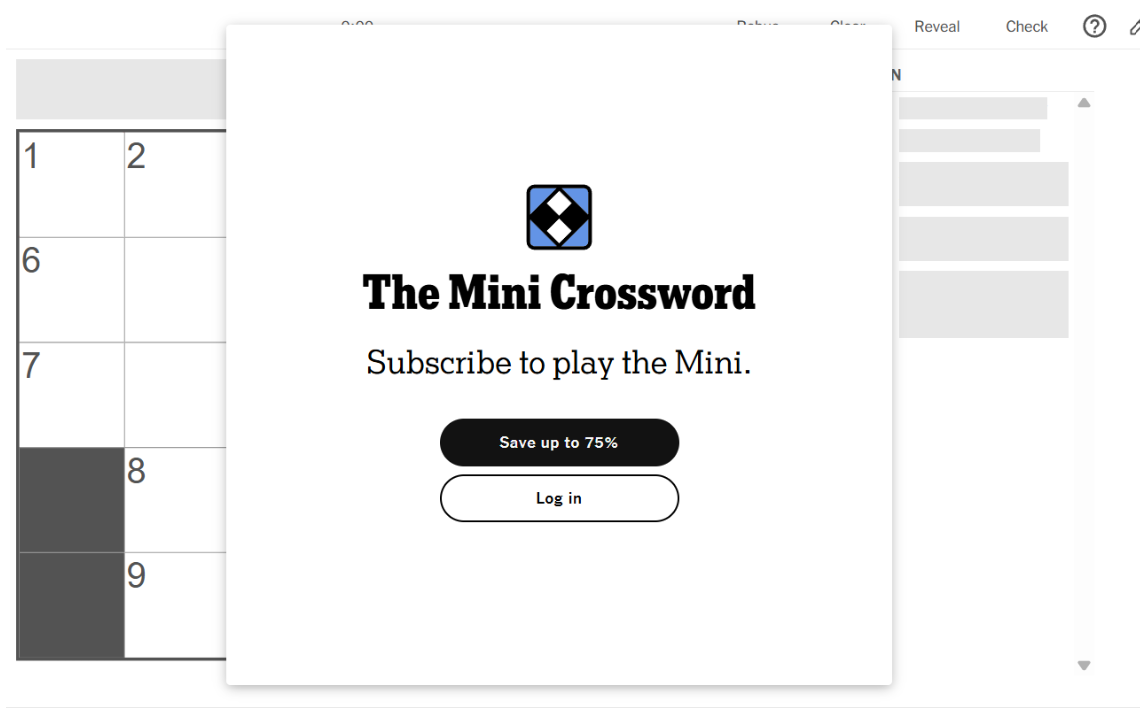















![Teacher [Milk] Tea: Part 2](https://bisvquill.com/wp-content/uploads/2024/03/Screen-Shot-2024-03-19-at-9.28.48-PM.png)












